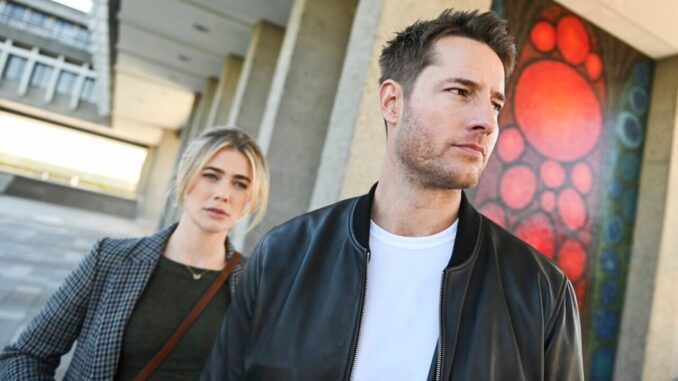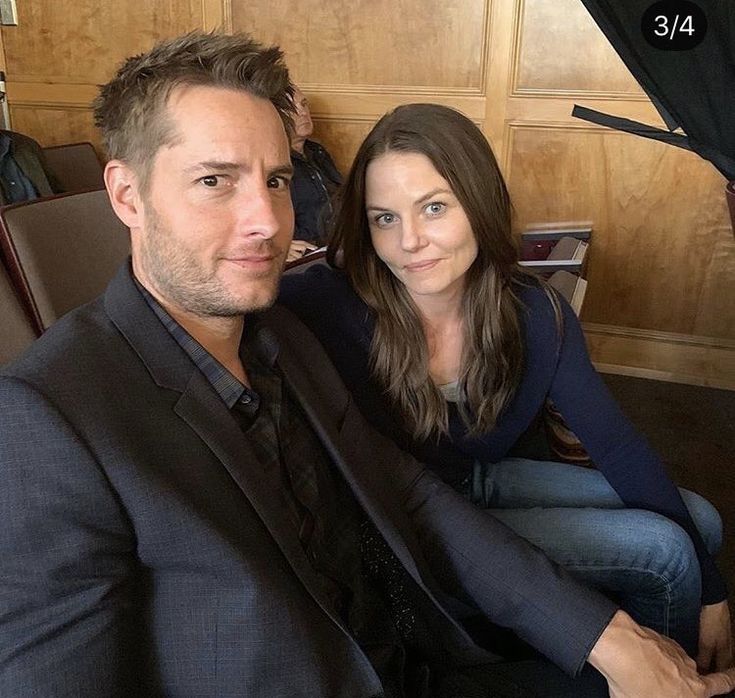
The Rise of Antiheroes in Modern Storytelling
For years, television and film have been dominated by flawed, morally gray characters. From Tony Soprano to Walter White, audiences have been drawn to antiheroes who blur the line between good and bad. While these characters are compelling, they often glamorize questionable choices. Enter Colter Shaw from CBS’s Tracker. Unlike many modern protagonists, Colter isn’t about self-indulgence, crime, or corruption—he’s about integrity, compassion, and action.
But what makes Colter stand out in a world that celebrates antiheroes? Let’s dive deep into why he’s more than just a TV character—he’s a role model worth paying attention to.
The Era of Antiheroes: Why We Love Them
The Psychology of Antihero Obsession
Audiences crave complexity, and antiheroes deliver. They reflect our inner struggles, temptations, and darker desires. Watching their stories feels like peeking into human nature’s gray areas.
The Problem with Idolizing Flawed Characters
While antiheroes are entertaining, they often send mixed messages. Their behavior can normalize selfishness, revenge, and manipulation. This raises the question: where are the role models in modern television?
Enter Colter: A Refreshing Contrast
Who Is Colter Shaw?
Colter Shaw is the rugged survivalist and skilled tracker at the heart of Tracker. He helps people find missing loved ones, solve mysteries, and bring closure to desperate families. His life revolves around service, not self-destruction.
Why Colter Resonates with Viewers
Colter’s actions speak louder than words. He embodies empathy, resilience, and resourcefulness—qualities that make him not only watchable but aspirational.
Colter’s Moral Compass
The Ethics Behind Every Choice
Colter doesn’t chase personal glory or wealth. Instead, he commits to helping strangers, even when it puts him at risk. That strong ethical backbone is rare in today’s media landscape.
Compassion Over Chaos
Unlike antiheroes who thrive on destruction, Colter thrives on compassion. His storylines are centered on healing, justice, and closure.
Colter as a Role Model for Modern Audiences
Teaching Responsibility
Colter shows us that responsibility isn’t about power—it’s about accountability. Whether it’s tracking a missing person or navigating survival challenges, he always owns his choices.
Balancing Strength with Vulnerability
What makes him relatable is his vulnerability. He isn’t portrayed as invincible; instead, he struggles, adapts, and grows, teaching viewers that strength comes from perseverance.
Why Real Heroes Still Matter
The Importance of Positive Representation
We live in a time where young audiences absorb values from screens. A character like Colter sets a healthier standard by showing that kindness and bravery can coexist with strength.
Shaping Future Generations
Kids and young adults often mimic what they see. By spotlighting someone like Colter, Tracker contributes to shaping viewers who value honesty, resilience, and empathy.
The Human Side of Colter
Personal Sacrifices
Colter’s journey is not without cost. He often sacrifices comfort and safety to help others. That willingness to put others first is the definition of heroism.
Emotional Intelligence in Action
Colter’s intelligence isn’t just about survival skills; it’s emotional intelligence. He reads situations, understands people’s fears, and provides comfort when it’s needed most.
Breaking the Stereotype of the Lone Wolf
Teamwork and Connection
Unlike many stoic heroes, Colter recognizes the value of teamwork. He builds trust and collaborates, showing that independence doesn’t mean isolation.
Community Over Ego
While antiheroes often put their ego above others, Colter prioritizes community, showing that true strength comes from uplifting others.
Colter vs. Antiheroes: A Clear Contrast
Motivations That Matter
Antiheroes: Revenge, greed, or survival.
Colter: Justice, closure, and compassion.
The Legacy They Leave
Antiheroes: Chaos and broken relationships.
Colter: Hope, healing, and inspiration.
Why Audiences Crave a Hero Like Colter
The Need for Hope in Storytelling
In today’s world filled with uncertainty, Colter represents the light people want to see. He’s proof that goodness still exists—even in fiction.
A Breath of Fresh Air in TV Culture
Colter’s character feels like a reset button in the oversaturated market of antiheroes. He proves that audiences are hungry for genuine heroes.

The Bigger Picture: Heroes in Modern Media
Rebalancing Entertainment
Not every story needs a morally gray character. Colter proves that a well-written, upright hero can still capture audiences without resorting to shock value.
Restoring the Classic Hero Archetype
Colter stands in line with timeless heroes who embody courage and decency, making him a modern reflection of what audiences once adored.
Lessons We Can Learn from Colter
-
Integrity matters, even when no one is watching.
-
Empathy is strength, not weakness.
-
Helping others creates purpose.
-
Courage comes in many forms.
-
Role models shape culture—choose them wisely.
Conclusion: Colter’s Lasting Impact
In a sea of antiheroes, Colter Shaw shines as a beacon of hope and integrity. His actions prove that real role models still exist in modern storytelling, and they matter more than ever. Colter isn’t just a fictional character—he’s a reminder that choosing good over selfishness is the true definition of heroism.